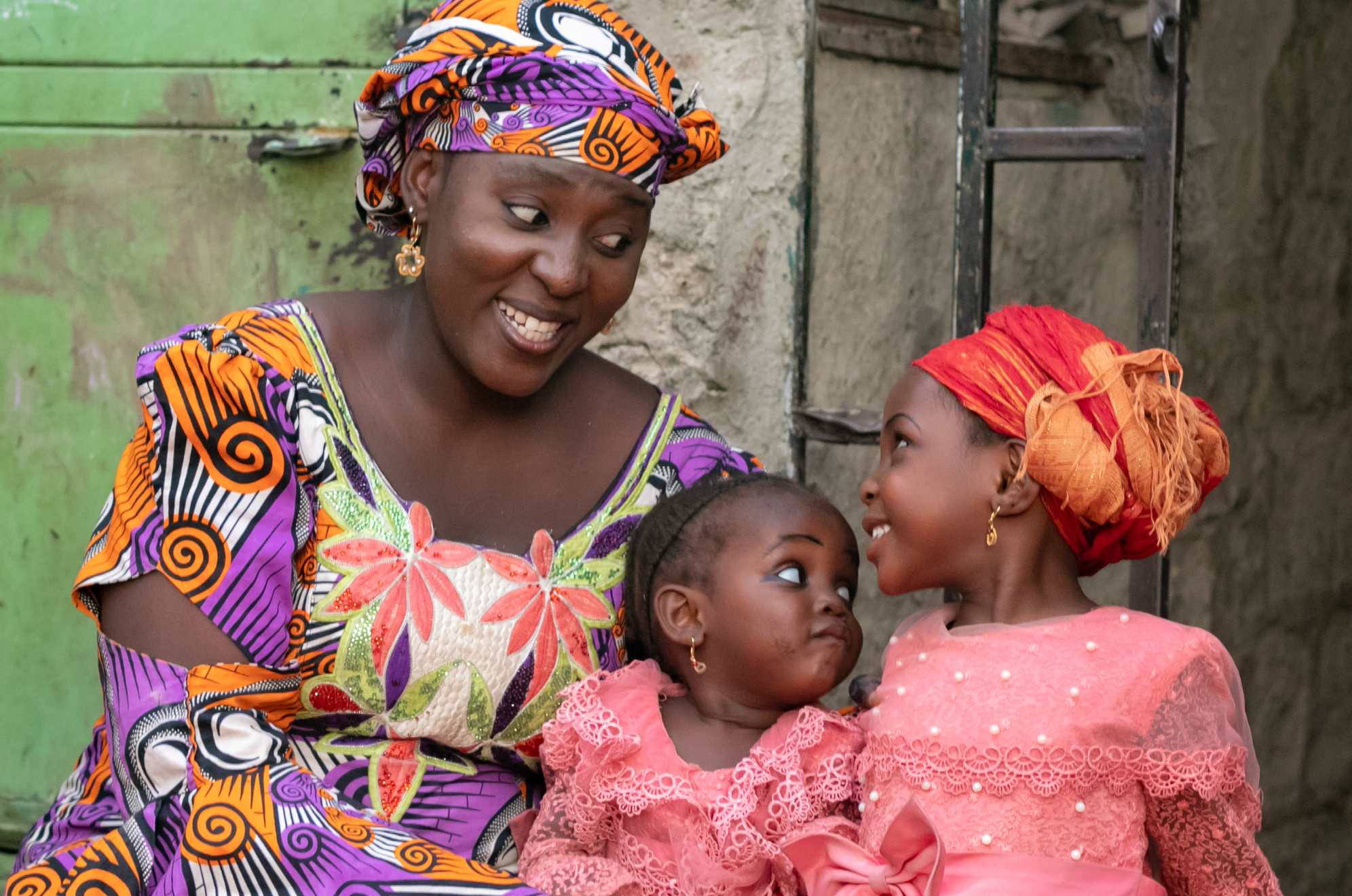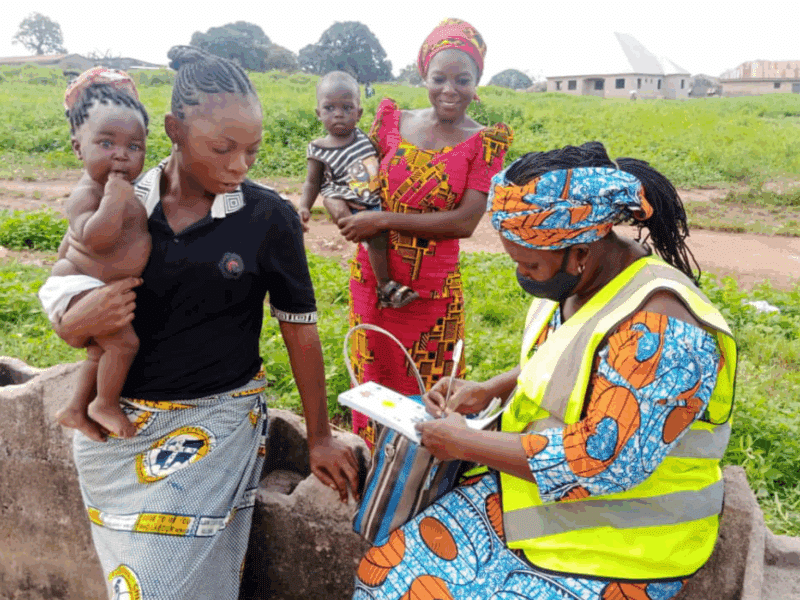Five Nigerian states are graduating this summer from The Challenge Initiative (TCI), led in Nigeria by the Johns Hopkins Center for Communication Programs, and are reporting significant progress in increasing the use of family planning in regions of the country where the percentage of women using modern contraception is mostly in the single digits.
TCI was built on the success of the CCP-led Nigerian Urban Reproductive Health Initiative (NURHI), which made huge gains in demand for and access to modern family planning for Nigerian women. The idea behind TCI is sustainability and local responsibility, to expand the success of NURHI with a commitment from individual states of both human and financial capital to ensure the gains last far into the future.
TCI is funded by the Bill & Melinda Gates Foundation, Comic Relief and Bayer AG – and led globally by the Bill & Melinda Gates Institute for Population and Reproductive Health.
Among the many goals of TCI is to ensure financial sustainability of family planning throughout the country. Since 2017, when the project was launched in Bauchi, Delta, Kano, Niger and Ogun states, those governments have committed $1.3 million to improving contraceptive rates, increasing demand for contraception and ensuring that those in the health clinics are properly educating and counseling women about family planning. TCI is continuing work in nine more states.
At the closing event for the initiative in Delta state, the wife of Gov. Ifeanyi Okowa pledged to sustain the program. The same happened in Bauchi State, with a similar promise from Dr. Aisha Bala Muhammed, the wife of Bauchi’s governor. Family planning has long been considered a taboo topic in parts of Nigeria.
“After four years of TCI support, these states have now graduated and now taken full ownership for driving and implementing high-impact interventions to improve their respective family planning landscapes,” says CCP’s Victor Igharo, who directs TCI in Nigeria. “The five graduating states have achieved remarkable results.”
These results include:
- Increased strategic coordination and accountability for reproductive health, including family planning
- Increased financing of family planning programs
- Improved societal norms and increasing demand for family planning information and services through advocacy and social behavior change communication activities, including training religious leaders on how family planning is compatible with their teachings
- Increased uptake of family planning services by improving access and quality of services through deployment of the high-impact interventions, including 72-Hour Clinic Makeovers and on-the-job training for service providers
- Improved programming based on more reliable data systems
In Kano state, Malam Bello praised the coaching on data utilization in understanding how programs were going in one part of the state as compared to others – and how to take action.
“The use of data has helped us improve our social mobilization activities,” he says. “The magic of this approach is how the data helps us to accurately identify low performing communities/facilities in terms of social mobilization and family planning uptake and use such information to improve our social mobilization. … It makes our work easier, and … we now have all the reasons to believe that data is key to planning and programming.”
TCI worked in tandem with existing reproductive health bodies in each state, helping to ensure both that efforts weren’t being duplicated and that these committees would live on once states graduated from the program. TCI was available for support, training and coaching as states themselves took the lead on improving programming.
“One major lesson learned across all the graduating states is the value of putting states in the driver’s seat to lead and implement the high-impact interventions,” Igharo says. “This strategy of empowering states contributed to improved capacity of the state to implement the interventions, increased the states’ family planning programs’ success and overall improvement in the reproductive health landscape.”
Increases in contraception uptake varied across states, but all showed positive momentum. Between 2016 (before the arrival of TCI) and May 2021, Niger state saw an increase of nearly 24,000 family planning clients and a 152 percent increase in the use of long-acting contraception. In Ogun state, the increase was more than 31,000 clients and a 156 percent increase in the use of long-acting contraception.
In Ogun state, TCI helped train health educators who work in the communities to help women understand the benefits of spacing births and using family planning to do so.
“They can now counsel women confidently on family planning, knowing that it is not harmful,” says Joy Akinsanya, who has been working with TCI there. “This has made a huge difference because more women now have access to family planning information, and they are now going to the facility. The involvement of health educators is key because they provide a critical link between the community and family planning services.”
Esther Amajatoja, a trader in Delta State, started getting contraceptive injections after social mobilizers trained by the state with support from TCI visited her and referred her to a nearby health facility. She had been previously afraid about family planning, but the mobilizers educated her on its benefits and told her it wouldn’t cost her anything at the clinic.
“My life changed since the day I was visited by the mobilizers in my community who sensitized me on family planning,” she says. “I am very happy with this free family planning method and now encourage my friends and other women out there to go for family planning.”





